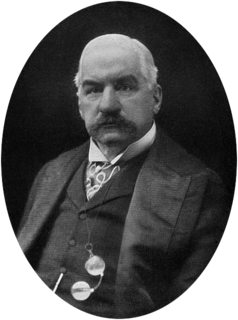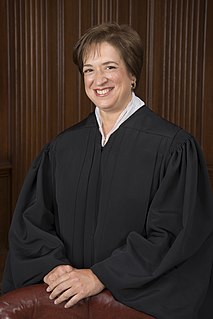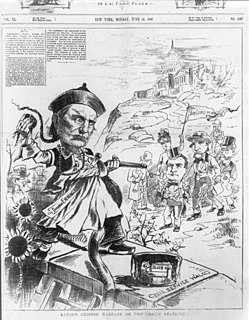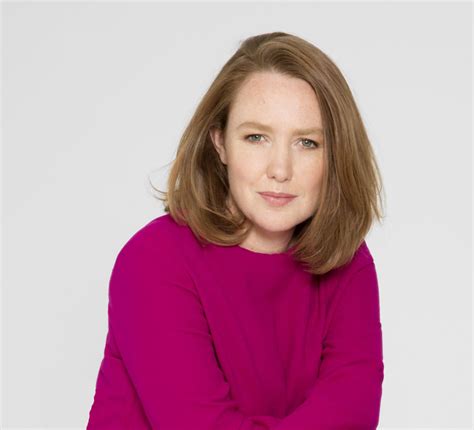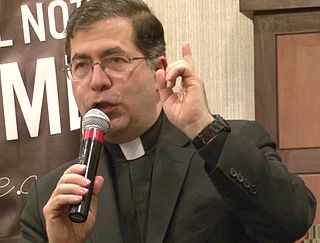A Quote by Karl Wilhelm Friedrich Schlegel
Some speak of the public as if it were someone with whom they have had dinner at the Leipzig Fair in the Hotel de Saxe. Who is this public? The public is not a thing, but rather an idea, a postulate, like the Church.
Related Quotes
Don't talk to me about appealing to the public. I am done with the public, for the present anyway. The public reads the headlines and that is all. The story itself is fair and shows the facts. That would be all right if the public read the facts. But it does not. It reads the headlines and listens to the demagogues and that's the stuff public opinion is made of.
Public taste changes and the aesthetic of a culture changes over time, so the idea isn't to appeal to the aesthetic of the moment and what people will like right now; the idea is to somehow keep yourself in the public memory so that as taste evolves it will eventually come to embrace your thing. So, it's about writing to be remembered rather than writing to be liked.
We all have one other world we live in: our public world. Some people call it our public persona. This is the world where someone who doesn't know you privately, personally, or professionally hears your name and has some opinion about you one way or another. So the question becomes: where is integrity rooted? Some people think it's rooted in their public life. They spend all of their time trying to spin their public image. It's not rooted there, however. It's simply revealed there. People who lack integrity will have it revealed publicly.
It is not necessary for the politician to be the slave of the public's group prejudices, if he can learn how to mold the mind of the voters in conformity with his own ideas of public welfare and public service. The important thing for the statesman of our age is not so much to know how to please the public, but to know how to sway the public. Those who manipulate this unseen mechanism of society constitute an invisible government which is the true ruling power of our country.



